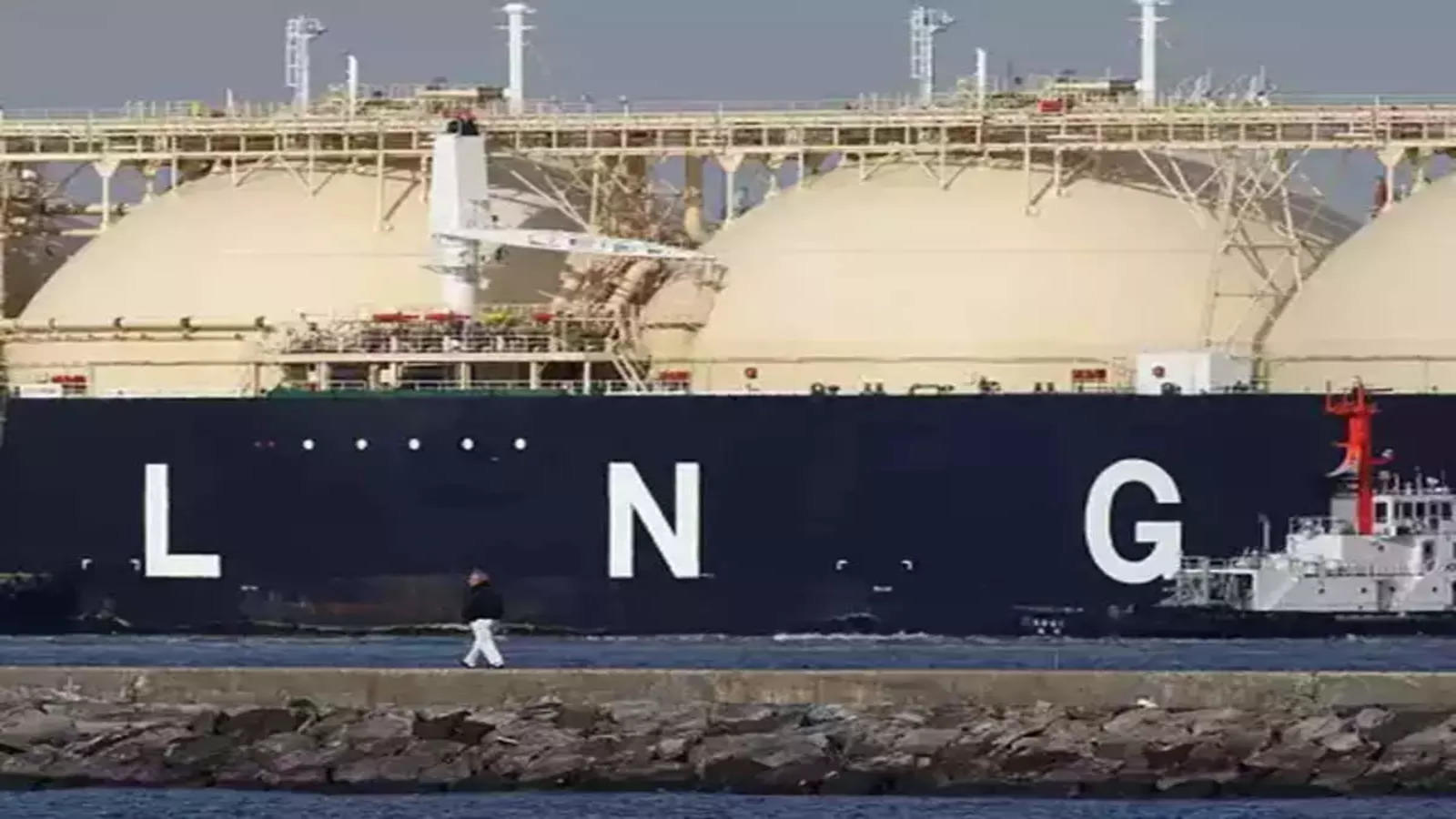U.S. Guts LNG Export Opportunities Amidst Rise in Demand
LNG exports have surged over the last decade, creating a lucrative industry driven by the United States, Australia, Qatar and Russia. In 2023, the United States surpassed Australia as the top LNG exporter, delivering 11.6 billion cubic feet per day to our partners abroad. With the industry’s success in our nation, 17 new projects have been planned, which are expected to increase our total export capacity to 24.3 billion cubic feet per day by 2027 – more than double of our current output. However, all of this may be in jeopardy as the administration recently announced that it will be delaying new LNG export permits, citing the need for further analysis of environment and community impacts. Biden’s political maneuvering doesn’t change the fact that global LNG demand is only expected to rise, meaning his decision to stall U.S. LNG will only hand opportunities to foreign countries rather than benefitting hardworking Americans.
In a recent interview with Chief Executive Officer of Woodside Energy Group Ltd., Australia’s top LNG exporter, Meg O’Neill said that she expects LNG consumption to rise 50 percent over the next decade due to demand growth in emerging markets, particularly Asia. O’Neill said that more natural gas will be needed to complement the expansion of renewable energy sources and hinted to the growth of her company as a result of increased demand. Additionally, following the administration’s decision, O’Neill expressed concerns over the U.S. LNG moratorium as it brings uncertainty to America’s role as a supplier. She said, “When the rules change at the drop of a hat, without consultation, that’s a concerning signal for the market.”
This week, Qatar announced that it plans to expand its LNG export opportunities due to rising demand as the U.S. puts a pause on new projects. According to Qatar’s Energy Minister Saad Al-Kaabi, the country is developing a new project, which will have the capacity to export 16 billion tons of LNG per year, raising the annual capacity to 142 million tons by 2030. This development would help the country secure a dominant role in global exports, filling demand gaps, while pushing the U.S. aside as one of the top international suppliers of LNG.
All signs are pointing to an increase in demand, yet the U.S. won’t be able to meet it due to a decision based on a misguided agenda from radical environmentalists and TikTok activists. The international community is watching, taking opportunities from Americans. The administration must reverse its decision, or our national security and economy will be in jeopardy.

